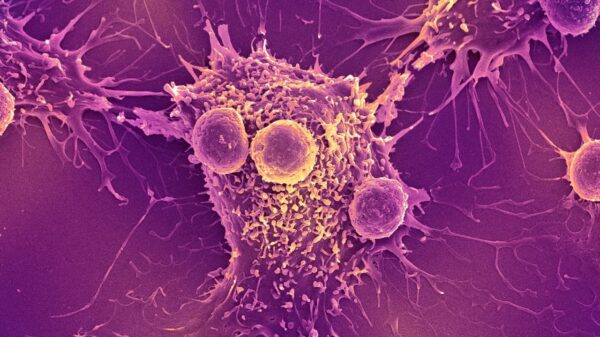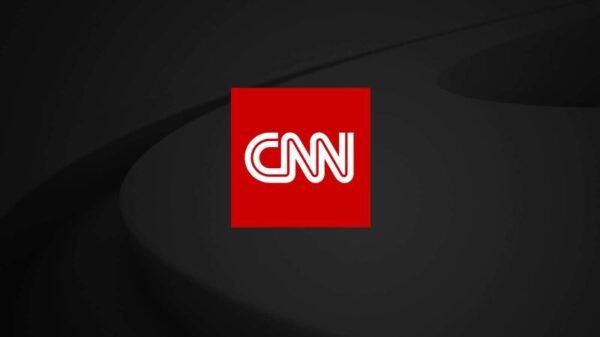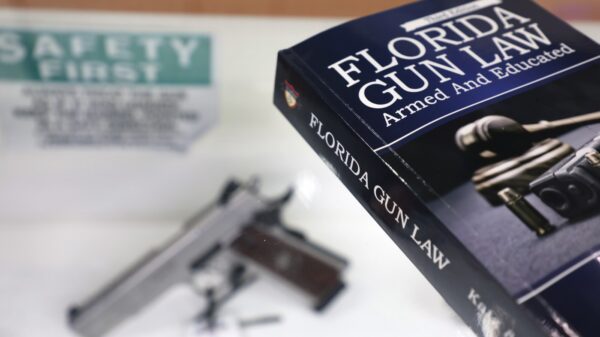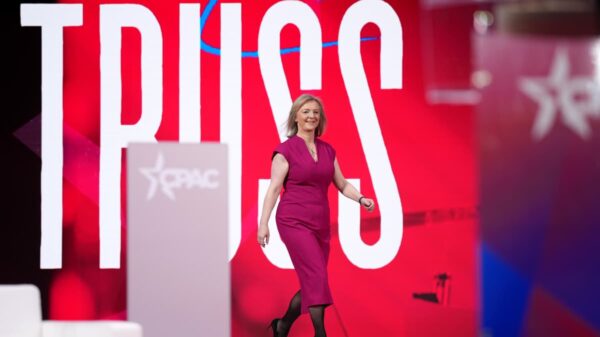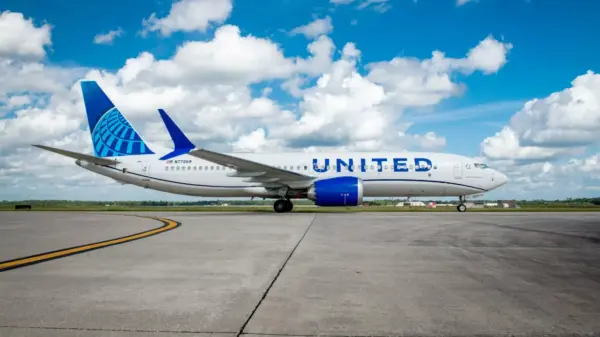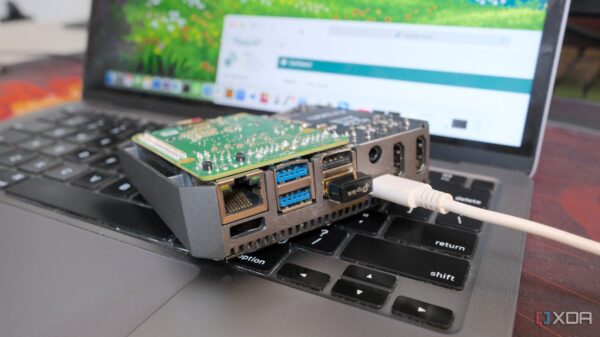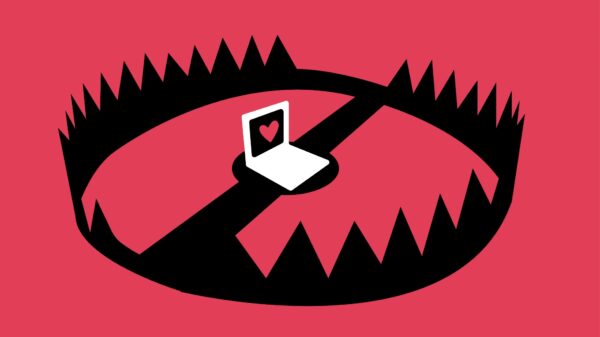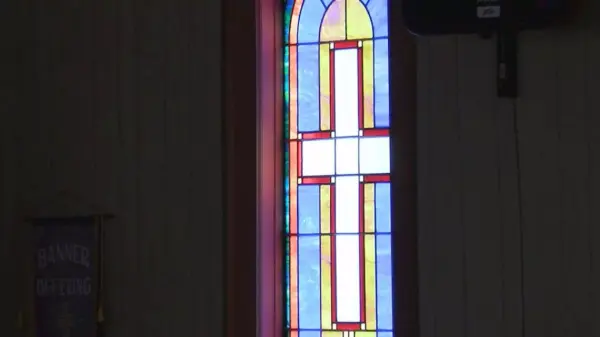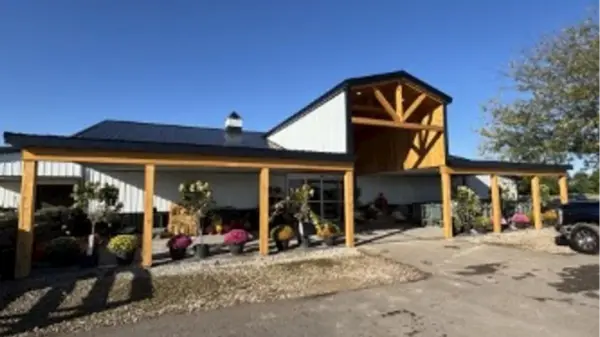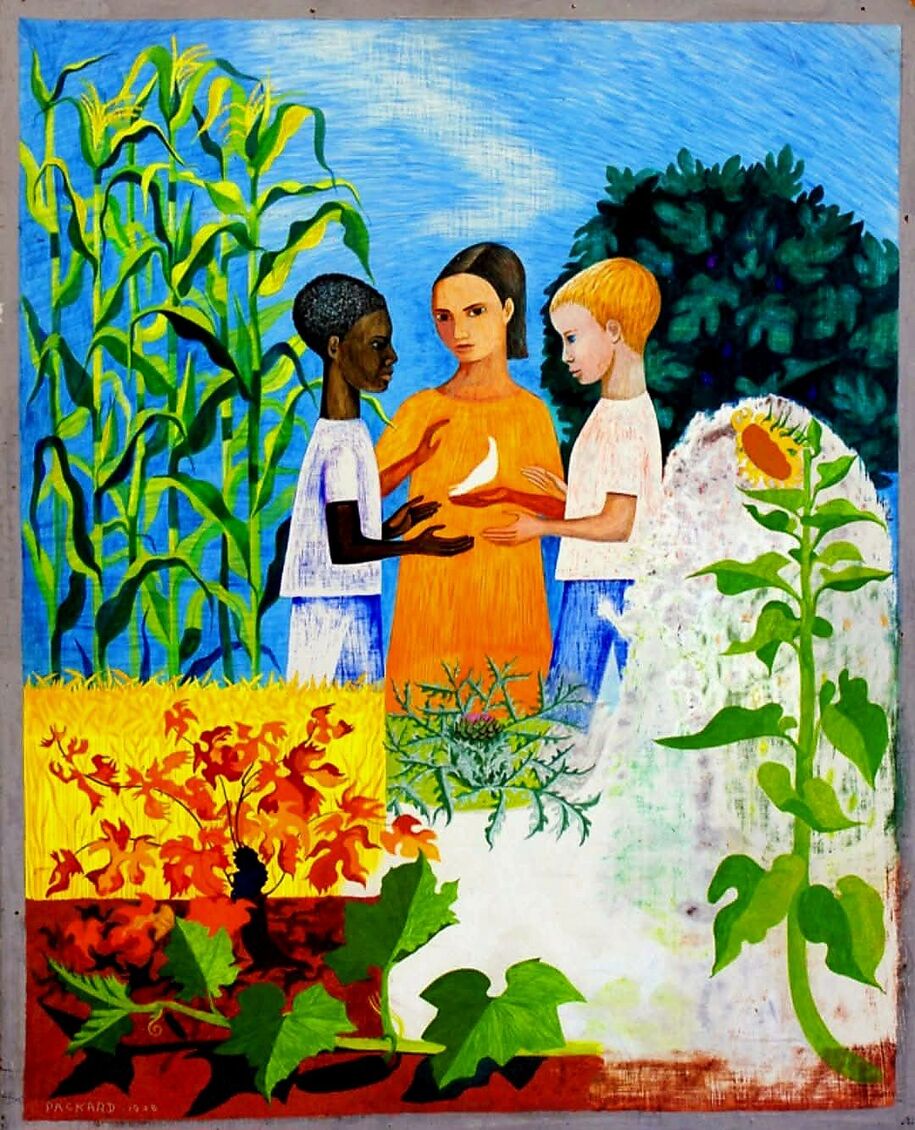Efforts to tackle period poverty are gaining momentum across the United States, as individuals and community groups take action to provide essential menstrual products. With increasing visibility on the issue, many are no longer waiting for governmental or large-scale organizational intervention, choosing instead to make a difference in their local areas.
One example is Project Marilyn, a nonprofit organization based in Nevada dedicated to ending period poverty. The organization emphasizes that “everyone deserves a healthy and dignified period.” Their commitment has resonated with others, prompting a growing number of individuals to contribute menstrual products to local food banks. Initially, only one person brought these items to a weekly protest food drive, but participation has since increased to at least two or three contributors each week.
Community Initiatives Rise to Address Needs
In Hampton Roads, Virginia, local libraries have taken it upon themselves to address period poverty by crowd-sourcing menstrual supplies. Patrons can donate products to any branch of the Suffolk Public Library, where those in need can discreetly request care kits. This model aims to eliminate barriers to access, allowing community members to “take what you need, leave what you can.”
The grassroots movement is further illustrated by a recent initiative in Parkersburg, West Virginia. Isabelle Moore, the founding director of the Wood County Women’s Rights Alliance, launched the “Pink Period Pantries” project in March 2025. The initiative was inspired by a social media post from a community member in need of menstrual products. Moore’s response highlights the importance of addressing local needs directly, stating, “nobody did” anything to provide these products, so she decided to take action herself.
Legislative Efforts Gain Ground
On a larger scale, legislative efforts are also underway to combat period poverty. In Iowa, Elle Smith, a local Girl Scout, received the Gold Award for her advocacy work, which included the development of Iowa Bill HF883. This bill aims to ensure free and easy access to feminine products in school restrooms throughout the state. Smith highlighted that “23% of teenage girls say they struggle with period poverty in their family,” underscoring the urgent need for systemic solutions to support students.
The impact of period poverty extends beyond physical needs; it can affect mental health and academic performance. Lynette Medley, who operates a center in Philadelphia, noted that “period poverty can lead to worsened anxiety and depression for young people.” By providing access to menstrual products, communities hope to alleviate some of the stigma and barriers that hinder young women from fully participating in school and social activities.
In Arkansas, a group called Zero Hour has creatively addressed the issue by distributing free menstrual cups on college campuses. Their initiative not only provides essential products but also raises awareness about waste reduction in menstrual care. The group estimates that their efforts have diverted over 200,000 pounds of waste from traditional menstrual products, highlighting the dual impact of their work on both period poverty and environmental concerns.
As these initiatives continue to grow, they reflect a broader societal shift towards grassroots activism. More community members are stepping up to address period poverty, driven by a shared commitment to ensuring that everyone has access to the products necessary for their health and dignity. With ongoing efforts across the United States, the hope is to create a future where period poverty is no longer a barrier to well-being for any individual.


